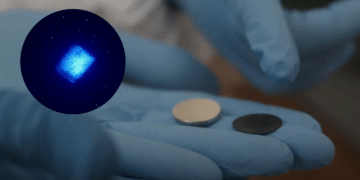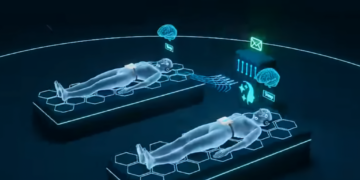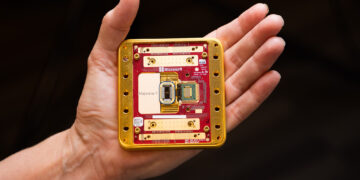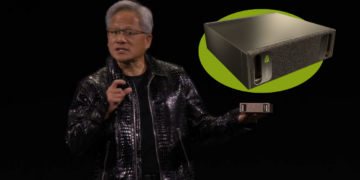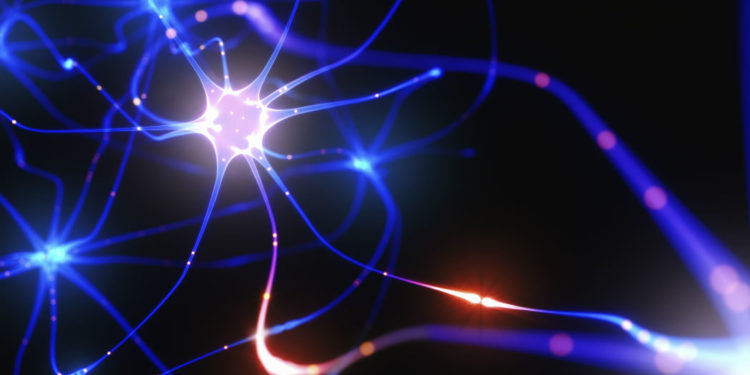A team of the EBRI is studying A13 antibody, a molecule that promotes the birth of neurons and could be used against Alzheimer.
Possible novelties in the fight against the Alzheimer. An all-Italian team from EBRI – European Brain Research Institute – has developed a new molecule that could open up new possibilities in the diagnosis and treatment of the most widespread neuro-degenerative disease in the world today. It is the antibody A13: a molecule that promotes neurogenesis, ie the birth of new neurons in the adult brain. The birth of neurons is significantly reduced in the early stages of Alzheimer’s due to the accumulation in brain stem cells of highly toxic aggregates of the beta protein Amyloid, called A-beta oligomers. The team was able to neutralize the A-beta oligomers in the brain of a mouse with Alzheimer’s disease and subsequently introduced the A13 antibody into the stem cells. This molecule re-established the correct neurogenesis in the brain of the sick mouse, recovering 80% of the damage caused by Alzheimer’s at an early stage. This is an extraordinary achievement: to date, there are no definitive therapies for Alzheimer’s and often it is too late, when the neurons have already been destroyed by the disease. Immediate intervention with antibody A13, on the other hand, could eliminate the toxic substances that cause the disease before it fully manifests itself and causes irreversible damage.
A13: an antibody to fight Alzheimer’s disease
The A13 antibody study is coordinated by Antonino Cattaneo, Giovanni Meli and Raffaella Scardigli in collaboration with the CNR, the Scuola Normale Superiore and the Department of Biology of the University of Roma Tre. The results of the first phases of the research have been published in the journal Cell Death and Differentiation. “The importance of this research is twofold: on the one hand – explain Scardigli and Meli – we show that the decrease in neurogenesis anticipates the pathological signs typical of Alzheimer’s, and could therefore help to identify early on the onset of the disease at a very early stage; on the other hand, we have also observed in vivo, in the brain of the mouse, the effectiveness of our antibody in neutralizing the A-beta oligomers right within the neurons. This research therefore lays the foundations for the development of new strategies useful for the diagnosis and treatment of Alzheimer’s disease. “Being able to monitor neurogenesis in the adult population will in the future offer a potential diagnostic tool to signal the onset of Alzheimer’s at a very early stage, when the disease is clinically presymptomatic. In addition – concludes Cattaneo – the therapeutic use of antibody A13 will neutralize the A-beta oligomers inside the neurons, where they are formed for the first time, thus affecting the event as early as possible in the evolution of the disease.







